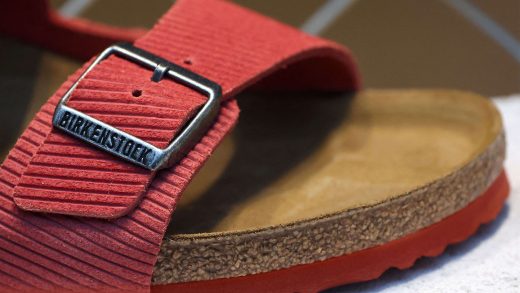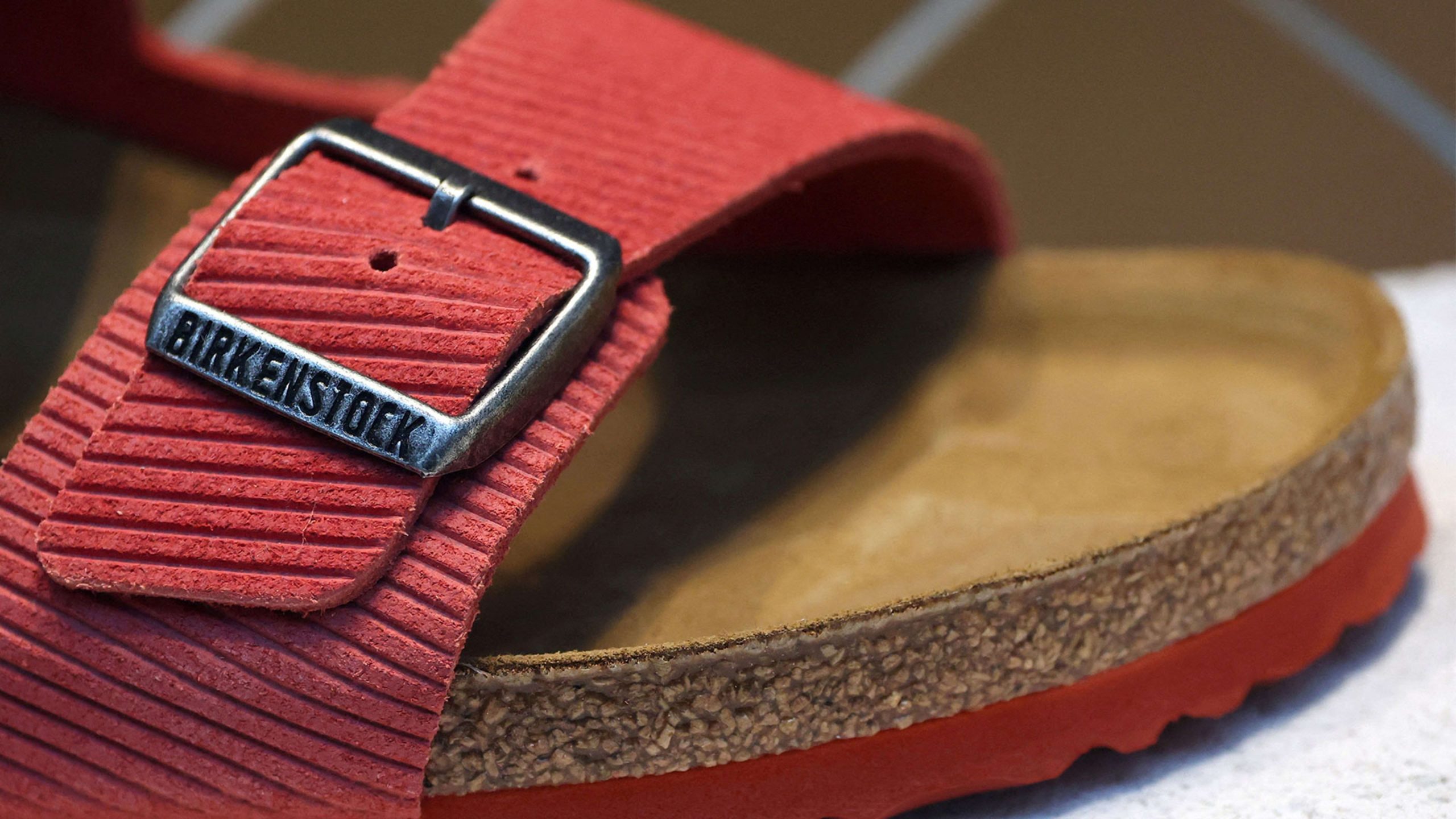Hoka, Vuori, and other niche labels take market share from establishment and retailers respond
Hoka, Vuori, and other niche labels take market share from establishment and retailers respond
Big ticket items from Home Depot and Best Buy have failed to attract shoppers.
BY Reuters
Investors are scouring U.S. credit card spending patterns to size up which, if any, trends could give specialty retailers a boost in the summer months.
Recent quarterly results from retailers show shoppers are selectively buying non-essential, nice-to-have products — forgoing electronics, but not being shy about plunking down cash on those wide-legged jeans they’ve been coveting.
That’s been good for sales of in-vogue products such as Birkenstock’s shoes, Abercrombie and Fitch’s jeans and Vuori’s athleisure clothing — and less so for products from Home Depot and Best Buy.
“Consumers are being choosier about where and when they spend. They are seemingly willing to splurge on items that are not inexpensive, be (it) a pair of Hokas or Birkenstocks,” said research firm Emarketer analyst Zak Stambor.
Demand for on-trend products boosted sales growth in clothing by 3.2%, sports goods by 1.9% and footwear by 0.4% in the first quarter of 2024, compared to a year earlier, according to market research firm GlobalData.
But big-ticket items, particularly related to living spaces, fell off consumers’ shopping lists. Sales of electronics fell 1.9% for the quarter, while homeware purchases dropped 4.2% during the first quarter, versus the year earlier period.
“Outdoor grills, patio sets …televisions, couches, beds, it’s all been a bit challenging as of late,” Telsey Advisory Group analyst Joseph Feldman said. “There was a pull-forward of demand during the pandemic and we’re still kind of coming off of that high and so you’re still seeing some softness there.”
That divergence is evident in retailers’ share prices. Abercrombie & Fitch shares have nearly doubled this year, while Home Depot’s stock is down 4.5%.
Retailer relevance
Last week, Nordstrom executives said the company’s first-quarter sales growth in active-clothing and -footwear was led by a few hot brands, citing Vuori, Hoka and Adidas. The department store chain set aside designated space in its stores to tout Roger Federer-backed On sneakers, Sam Edelman sandals and Birkenstocks.
Across the U.S. retail landscape, “some of the stronger retailers are doing well. And then some of the brands that are putting out innovative products are doing well. And then others like department stores (are) just consistently trying to find a way to be relevant,” Morningstar analyst David Swartz said.
Dick’s Sporting Goods noted in a conference call with investors that it plans to continue its strategy of offering sought-after brands such as Hoka and On Holding’s sneakers.
Last week, the sporting goods retailer raised its annual profit and sales forecasts on robust demand for footwear and athletic apparel. Its shares are up nearly 45% this year.
Other retailers including VF Corp, Victoria’s Secret and Under Armour, have not seen demand bounce back, according to analysts who said shoppers may feel less urgency to shop at their stores.
The three retail chains, which saw sales declines in the recent quarter compared to a year ago, are adjusting their merchandise to better attract shoppers.
Under Armour’s founder Kevin Plank, who returned as the company’s CEO in April said, “This is not where I envisioned Under Armour playing at this point in our journey. That said, we’ll use this turbulence to reconstitute our brand and business.”
After the mixed start to the year for retailers, credit card data is offering investors clues on which products and brands were hot or not as summer got underway.
Consumer Edge, a New York-based research firm with hedge fund and private equity clients, said it analyzed data of about 40 million U.S. credit card transactions to find winners and losers in the retail landscape. Shoppers spent about 30% more on Vuori activewear over the six months through May 28, compared to a year earlier, and 25% more on Skims underwear, it said.
Skims is an underwear clothing company owned by Kim Kardashian, which is expected to go public later this year or in 2025. Last year, Reuters reported Skims was in talks with investment firm Wellington Management to lead a new funding round valuing the company at about $4 billion.
Spending on Abercrombie & Fitch products, and on Hoka and On Holding shoes, also rose from a year ago, according to Consumer Edge.
However, it said spending on Victoria’s Secret products was down in the mid-single digit percentage range, Under Armour saw a high-single digit fall and North Face was down mid-double digits.
In clothing and shoes, “newer, more niche companies are doing better and we see that they are taking share from the more established players,” Consumer Edge Head of Insights Michael Gunther said.
—Ananya Mariam Rajesh, Reuters
(45)



